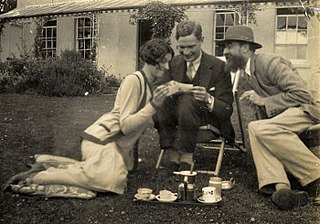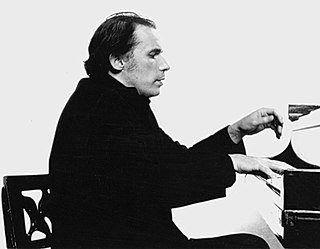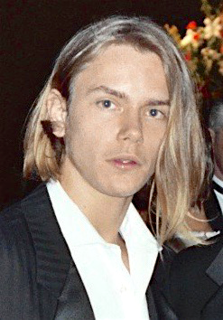A Quote by Jupp Heynckes
I know myself that we goalscorers are selfish and always thinking about our goalscoring ratio.
Related Quotes
I have decided to keep a record of my inmost real-self thoughts. Perhaps it will help me to find out what I really am like: horrid, I know: selfish, conceited, and material-minded. For instance, lately whenever I've tried to concentrate on anything serious or beautiful, I've started thinking about the Spencers' dance next week. I am ashamed of my pettiness. I'm going to try to do better this year--develop my character more and not always be thinking about enjoying myself. I've always been so happy, I dread disappointment and unhappiness, but they would be good for me. But I don't want them.
One of the great things about being commander in chief is getting to know our men and women in uniform in a very intimate way, whether it's visiting Walter Reed and seeing our wounded soldiers, or being on a base and talking to families, or interacting with them on missions. They're the best of the best: always thinking about the mission, not thinking about credit, not thinking about who's up front.
I don't know what the effective ratio would be, but I've always had some sort of intuition that for every hour you spend in the company of other human beings, you need "x" number of hours alone. Now, what "x" represents I don't really know; it might be two and seven-eighths or seven and two-eighths, but it is a substantial ratio.
I don't want to get so lost in thinking about me and talking about me all the time in interviews. It's so nice to unwind and just look at other things and get out of yourself. It's hard to detach myself from myself without neglecting myself. You know what I mean? I don't want to get in to the habit of thinking about my career because when it comes down to it, it's not really that important. I could die tomorrow and the world would go on.
Some might say that looking inside of ourselves for spiritual truths is egocentric and selfish, and that egolessness and selflessness lie in working for others in the world. But until we find our inner truth, our work in the world will always revolve around our 'selves'. As long as we think about the world in terms of 'self' and 'others', our actions will be selfish. Our 'self' follows us wherever we go, so positive results will be limited.
It's a beautiful book [Into the Forest], so for those who are thinking about reading it, they absolutely should. First and foremost, I just devoured it, as a story. At that time, and still, it just encompassed a lot of things that I was thinking about, and that the world is thinking about, with society's relationship to the environment, our personal relationship to it, and how disconnected we are from it, myself included.
There's no doubt about it: fun people are fun. But I finally learned that there is something more important, in the people you know, than whether they are fun. Thinking about those friends who had given me so much pleasure but who had also caused me so much pain, thinking about that bright, cruel world to which they'd introduced me, I saw that there's a better way to value people. Not as fun or not fun, or stylish or not stylish, but as warm or cold, generous or selfish. People who think about others and people who don't. People who know how to listen, and people who only know how to talk.
People don't just get upset. They contribute to their upsetness. They always have the power to think, and to think about their thinking, and to think about thinking about their thinking, which the goddamn dolphin, as far as we know, can't do. Therefore they have much greater ability to change themselves than any other animal has.
It is important that when pursing our own self-interest we should be 'wise selfish' and not 'foolish selfish'. Being foolish selfish means pursuing our own interests in a narrow, shortsighted way. Being wise selfish means taking a broader view and recognizing that our own long-term individual interest lies in the welfare of everyone. Being wise selfish means being compassionate.
People don't just get upset. They contribute to their upsetness. They always have the power to think, and to think about their thinking, and to think about thinking about their thinking, which the goddamn dolphin, as far as we know, can't do. Therefore they have much greater ability to change themselves than any other animal has, and I hope that REBT teaches them how to do it.
The dilemma I have is that everything I do at work is all about me, and at what point is that selfish? I'm just talking and singing about myself, or I'm standing on a stage and hoping that everybody likes me. Obviously, it's also about the music and feeling and connecting; I know it's deeper than that.




































